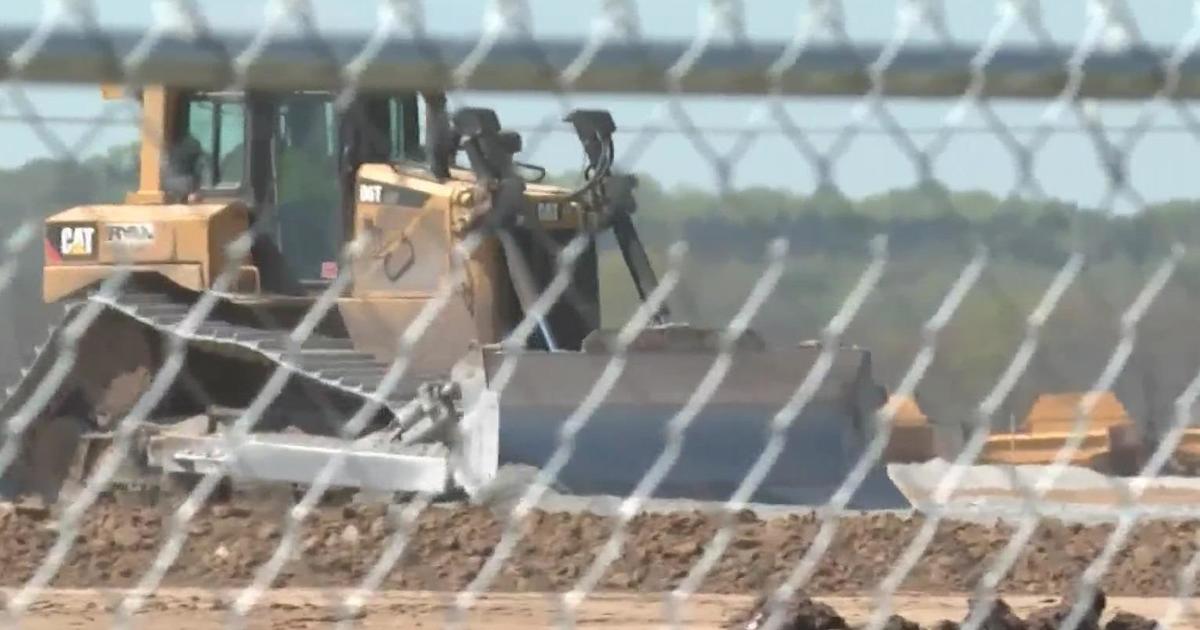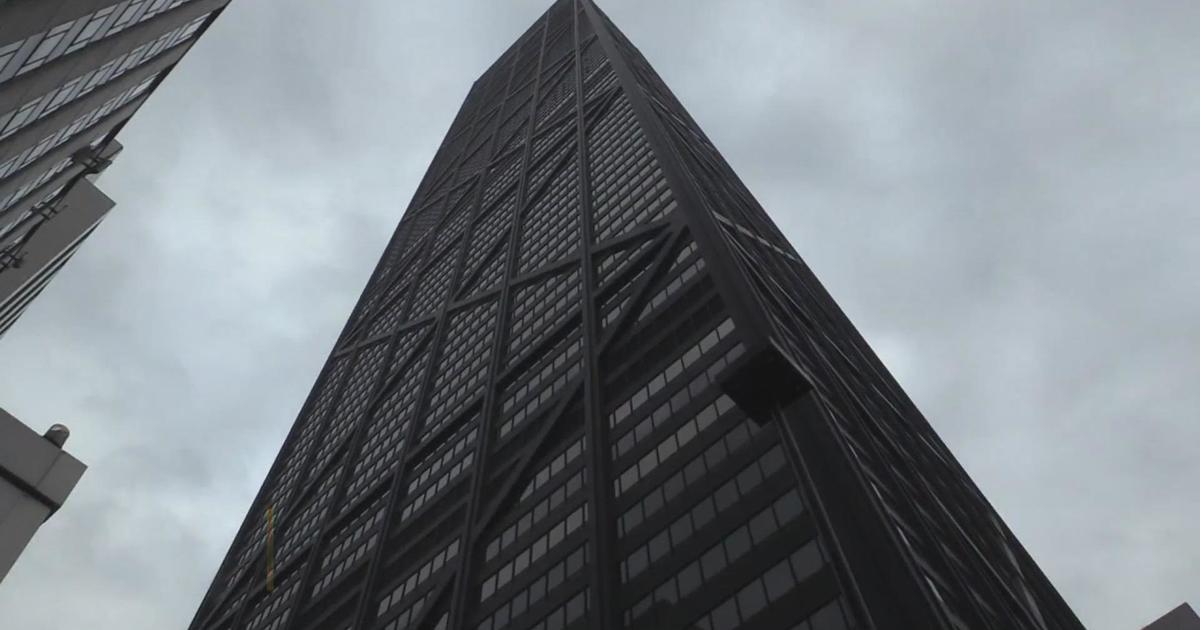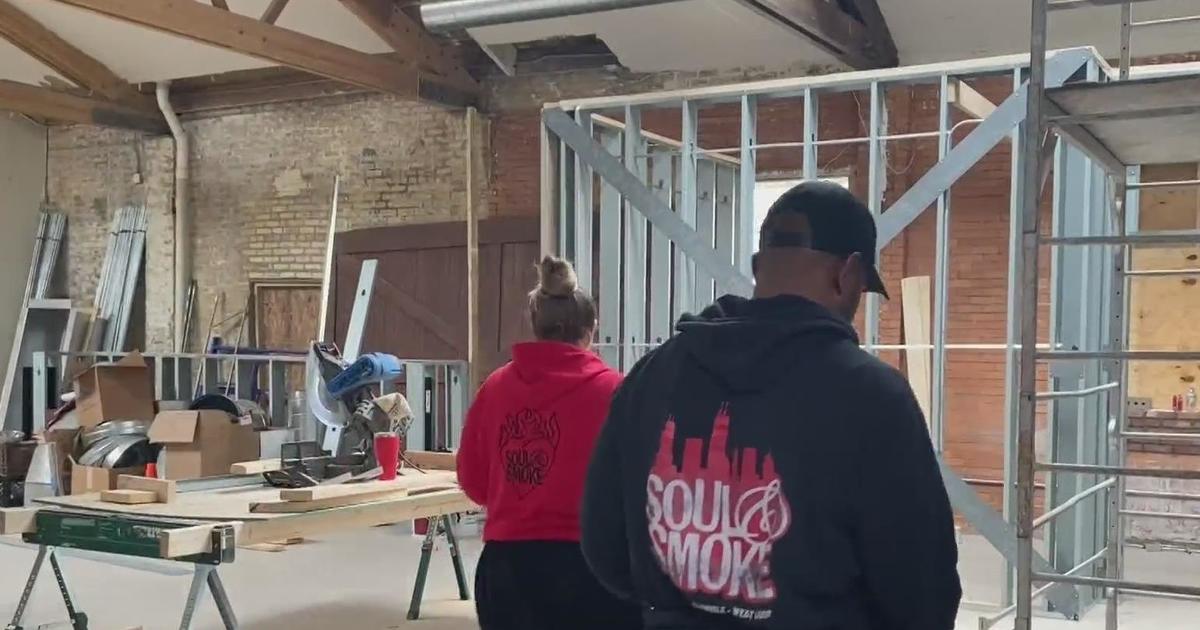Winter's Impact Still Felt In Gardens, Health
(CBS) -- Now that spring has sprung, our frozen winter seems like a distant memory, until you step outside to take a look at your garden.
CBS 2's Megan Glaros shows you the impact winter is still having in your yard and on your health.
It certainly was the winter of our discontent -- but now, it's spring and why are some of our evergreen trees and shrubs brown?
Chicago Botanic Garden horticulturalist Tim Johnson describes the damage done to the Garden's boxwoods.
"You kind of see it over the whole run of the hedge. It's much worse than normal."
He says south and west facing plants are the hardest hit by winter burn from the persistently cold, sunny and windy days.
Johnson says, "Evergreens do lose water through their leaves, needles throughout the course of the winter and so when they heat up and the ground's frozen, they can't pull up water and so it dries them out."
Johnson helped Marnee Kenny evaluate the winter damage to her evergreens.
Johnson tells her, "It looks like there's enough green foliage kind of behind the brown part where you can gently prune those out and then this should fill back in and be just fine."
And, the stems of her roses. He says "see this one's brown so this one's dead"
And her lawn, where snow mold can be seen.
Johnson tells her, "you gotta get a rake leaf out it'll lift it up it'll fluff it up."
And, the grass near the street killed by all the salt used to keep roads clear.
We checked back with Marnee a few days later.
She took out the big branches on one evergreen tree and then trimmed back some of the brown on the other one. She says she thinks that will revive the tree.
She also cut back her roses, but is waiting to till and reseed the dead grass.
Some plants are behind schedule this year, meaning, many flowers, trees and grasses will bloom and pollinate all at once. It's being called the pollen vortex.
Dr. Sindhura Bandi, an allergist at Rush University Medical Center says, "We're seeing things pollinate and then stop pollinating and start pollinating again and that's causing the prolongation of the season."
Dr. Bandi is already seeing patients suffering from allergies, including Christine Carpenter and her son, Luke, who are preparing for the worst.
"If they're saying this is going to be exceptional, I am nervous," says Christine.
So will the frigid winter lead to a cooler summer? The chance is 50/50 right now. The good news -- even if we hit record lows for high temps, the thermometer would still be in the 70's and that should be warm enough to keep us happy.
Experts tell us not to expect fewer mosquitoes this year. The pesky insects and eggs were actually insulated by the snow. However, mosquitoes don't fly very well until temperatures rise above 60 degrees.



